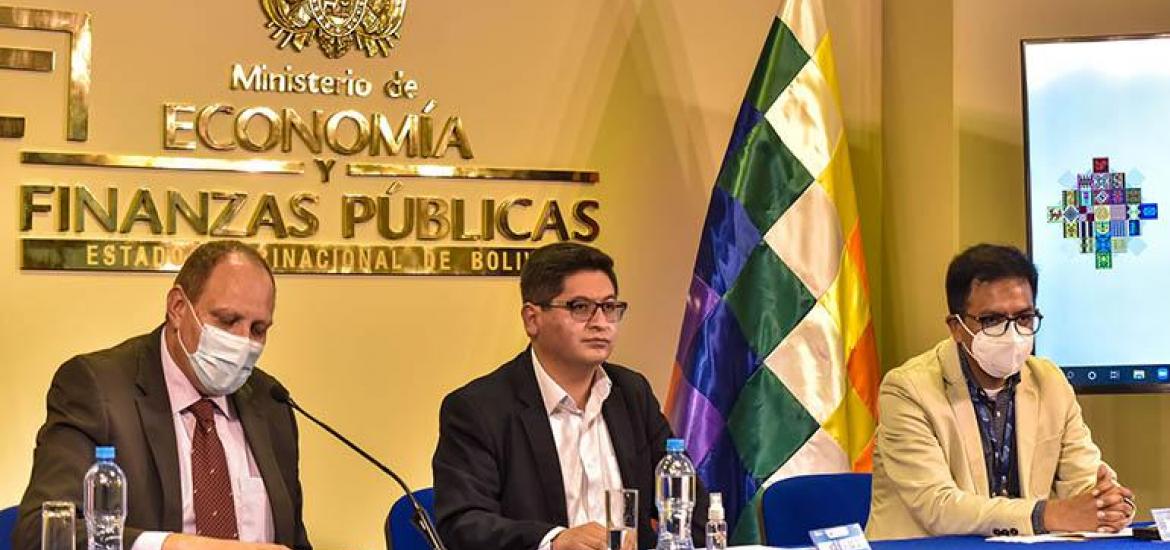RIO DE JANEIRO, BRAZIL – The Bolivian government began a communications offensive to impose its own conditions on Empresa Portuaria Arica (EPA) with respect to the tariff increase that the Chilean state-owned company generated to the Administration of Port Services of Bolivia (ASP-B) after the agreement signed between both state-owned companies expired on August 4.
The Chilean company, it should be recalled, offered ASP-B – which acts as a customs agent for Bolivian imports in Arica under the 1904 Treaty of Peace and Friendship – a 38% discount for a series of 23 services.
Read also: Check out our coverage on Chile
However, after a month of talks, the Bolivian counterpart did not subscribe to the new tariff model and, as in previous negotiations, distorted via social networks, press releases, and appearances in local media the progress and principles of the agreement announced by the port of Arica.

On this occasion, it was the turn of the Bolivian Minister of Economy and Public Finance, Marcelo Montenegro, who, according to the state agency ABI, “demanded” the Chilean company dialogue to give his country more time to make a counter-proposal to the new tariff model.
According to the minister, “we had a tariff agreement that expired in August of this year; the ASP-B initiated the pertinent actions to deal with the issue since April, but the EPA refused, arguing sanitary issues, and unilaterally raised the port costs in Arica since August 5”.
In that line, he asked the Chilean concessionaire to extend the 2019 agreement for six more months, a time in which the Bolivian government, together with the ASP-B, will analyze with depth and technical elements the new measure.
“We, as the Bolivian State, require this time to analyze and present a counterproposal, based on a realistic and deep study on the basis made by the EPA. It seems to us a unilateral excess that makes the Chilean company impose new rates without prior negotiation and agreement between parties, “he said.
The Bolivian authority added that the port cost for Bolivian merchandise would have a 246% increase with the new tariff regime, so the unilateral treatment of tariffs in the Port of Arica is rejected.
“We ask EPA to back down with its measure and accept the six-month term to negotiate (…). We will not accept or sign any unilateral increase; EPA’s cost increase violates the agreements signed between Bolivia and Chile in 1904”, he said, even though the Treaty does not establish or set tariffs, but only guarantees “the widest and freest and free transit” of Bolivian goods through Chilean ports; specifically, Arica and Antofagasta.

